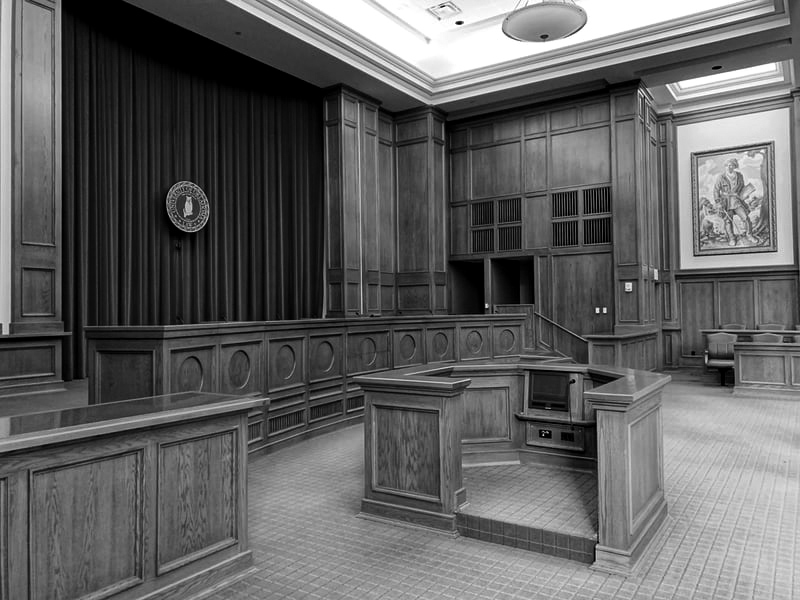In Woodbridge Wind-Down Entity v. Monsoon Blockchain Storage (In re Woodbridge Group of Companies), Adv. Proc. No. 19-50102 (BLS), 2020 Bankr. Lexis 1944 (Bankr. D. Del. July 15, 2020), the U.S. Bankruptcy Court for the District of Delaware (the “Court”) addressed the enforceability of an arbitration provision in connection with a post-petition contract entered into by the debtors and a non-debtor counterparty.
In Woodbridge, the debtors entered into a post-petition, post-confirmation asset purchase agreement (the “APA”) with Monsoon Blockchain Storage Inc. (“Monsoon”) for the purchase of certain of the debtors’ real property. Before the plan’s effective date, the debtors alleged that Monsoon breached the APA by failing to close and consummate the sale and initiated an adversary proceeding. Monsoon filed a motion to dismiss, alleging, inter alia, that the Court lacked jurisdiction to adjudicate the dispute due to an arbitration provision. In particular, Monsoon asserted that pursuant to paragraph 22(B) of the California Residential Purchase Agreement and Joint Escrow Instructions (“Paragraph 22(B)”) which was included in Monsoon’s offer to the debtors, the matter had to be arbitrated. Monsoon also argued that the Court should transfer venue to the U.S. Bankruptcy Court for the Central District of California, the closest venue to where the real property was located. The debtors responded that an addendum (the “Addendum”) to the APA overruled Paragraph 22(B), as it provided that the Court shall have “sole and exclusive jurisdiction to interpret and enforce” the APA.
The Court first concluded that Paragraph 22(B) did provide for the arbitration of disputes under the APA. However, the Court then found that the Addendum represented the parties’ actual intent and that its language controlled. In light of the Addendum’s unambiguous language, the Court concluded that the parties did not agree to arbitrate claims under the APA. The issues presented in the adversary proceeding arose out of the interpretation and enforcement of the APA, which, by virtue of the Addendum, the parties agreed to submit to the Court’s sole and exclusive jurisdiction. Furthermore, the Court held that, even assuming that the parties agreed to arbitration, the dispute would not fall within the scope of Paragraph 22(B), as the provision specifically excluded from arbitration “any matter that is within the jurisdiction” of the Court. As this dispute fell within the Court’s jurisdiction, the arbitration clause was inapplicable.
Analyzing Monsoon’s transfer of venue argument, the Court applied a twelve-factor test and found that the factors weighed heavily against transfer. Among other factors, the Court concluded that the parties contractually agreed to the Court’s jurisdiction, and that the Court was already familiar with the matter and the bankruptcy case and, as such, the Court’s retention of jurisdiction would further judicial economy. The Court also explained that the District of Delaware’s policy favored centralization of bankruptcy matters and that the venue of the underlying bankruptcy case is presumed appropriate, and, further, bankruptcy courts have an interest in keeping matters concerning section 363 sales before the court that authorized the sale.
The analysis in Woodbridge should be considered by parties when entering into section 363 sales and, in light of the Court’s holding, parties should anticipate that any disputes regarding a particular asset purchase agreement are, in all likelihood, going to be within the jurisdiction of the presiding court.
Please find the full text of the article here.
Elisa Hyder practices in the area of business reorganization and financial restructuring at Duane Morris.
Lawrence J. Kotler is co-chair of the Bankruptcy and Fiduciary Representations division of Duane Morris’ Business Reorganization and Financial Restructuring Practice Group.
